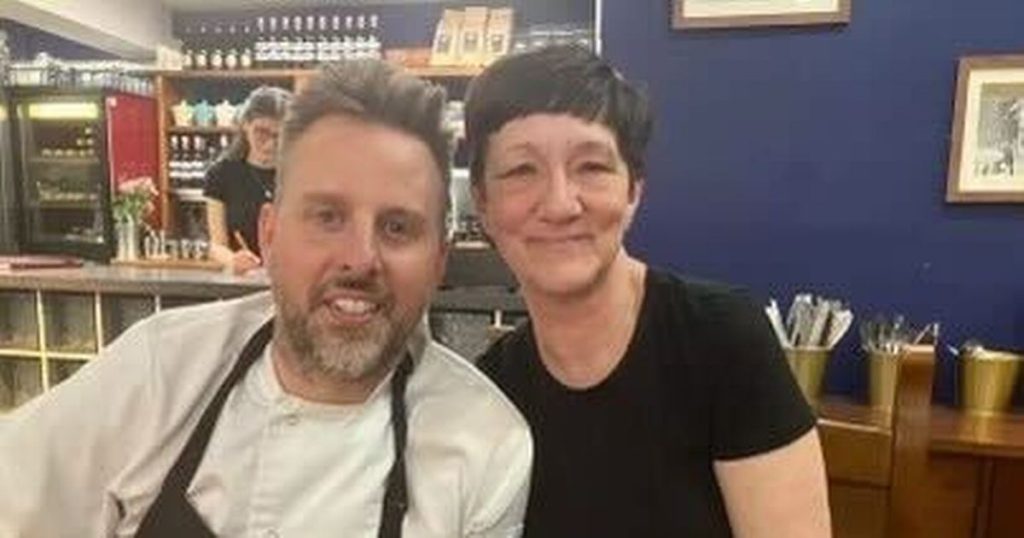Paul Ellis, owner of Lost Property Coffee Shop and Kitchen in Huddersfield, recently observed a significant drop in business following an increase in town center parking charges. The rise in parking fees from £2 to £3.30 for a 90-minute stay has deterred customers, who now find it more expensive and stressful to visit the shop. Additionally, several ticket machines are out of order, forcing customers to use an app for payment, which is a challenge for older clientele. Ellis expressed concern over the impact of declining footfall on his business’s future, as dwindling customers could lead to financial strain. To entice more shoppers, Ellis is considering subsidizing parking fees for his customers or relocating his business out of the town center.
David Shepherd, Strategic Director for Growth and Regeneration at Kirklees Council, addressed the parking fee increase and subsequent backlash from business owners like Ellis. Shepherd emphasized that the decision to raise fees was not taken lightly, as charges had remained static for 14 years. The council conducted a thorough consultation before implementing the changes to align with regional parking standards, maintaining options for both short and long-stay parking. As an alternative, town center visitors are encouraged to use public transport, with ongoing investments in transport services. Acknowledging the challenges faced by businesses, Shepherd reiterated that entrepreneurs must make choices in alignment with their commercial goals. Only recently implemented, the council will continue to monitor the impact of the fee increase on local businesses.
The problematic parking fee rise and faulty ticket machines have led to operational concerns for Ellis, whose focus is on sustaining his coffee shop amidst financial uncertainties. He shared that parking obstacles are turning customers away, thereby reducing foot traffic and impacting revenue. Ellis’s contemplation of subsidizing parking costs underlines the desperate measures small business owners are considering to attract shoppers and survive the economic strain. However, the implementation of such strategies might not be sustainable in the long run, posing potential challenges for the viability of his business. The uncertainty surrounding the future of his cafe underscores the broader issue of parking charges affecting small businesses in the town center.
The interaction between local businesses like Lost Property Coffee Shop and Kitchen and the council highlights the delicate balance between economic development and sustainability. While the council aims to enhance the town center environment through strategic initiatives like parking fee adjustments, the repercussions on small businesses like Ellis’s coffee shop raise concerns about the overall economic landscape. The need for ongoing dialogue and collaborative decision-making between local authorities and business owners is crucial to address the complex challenges arising from changes in policies and regulations. The case of Ellis’s coffee shop underscores the real-world impact of seemingly minor changes in parking charges on the survival and growth of small enterprises in town centers.
Ellis’s struggle with declining trade due to parking issues resonates with many small business owners facing similar challenges in adapting to changing economic conditions. The growing importance of affordable and convenient parking facilities in attracting customers underscores the interdependence between local businesses and public infrastructure. As small entrepreneurs navigate these challenges to sustain their enterprises, the role of local authorities in crafting responsive policies and providing support becomes crucial. Through effective communication, collaboration, and adaptation, businesses and councils can work together to create a conducive environment for economic growth and community well-being. The experiences of businesses like Lost Property Coffee Shop and Kitchen underscore the need for holistic approaches to address the multifaceted challenges facing town centers in the evolving economic landscape.


